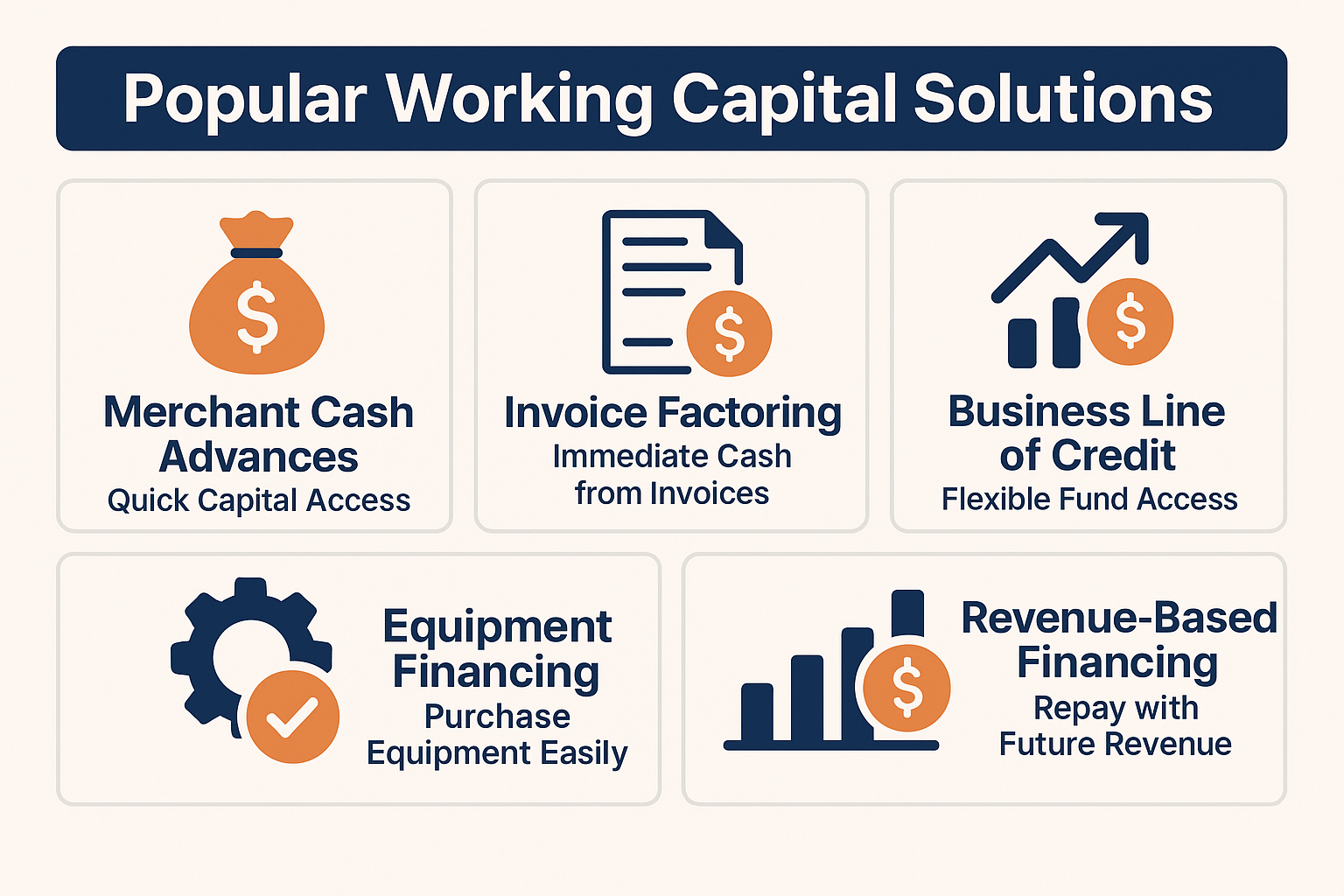Finding the right financing can make or break your small business growth plans. With traditional bank loans becoming increasingly difficult to secure, business owners need to understand the full spectrum of available funding options. From quick-access merchant cash advances to flexible business lines of credit, each solution offers unique advantages depending on your specific needs and circumstances.
Essential Tips for Evaluating Small Business Funding Options
When evaluating small business funding options, start by assessing your immediate cash flow needs versus long-term financial goals. Consider how quickly you need the funds, as some solutions like merchant cash advances can provide capital within days, while traditional loans may take weeks or months. Always calculate the true cost of capital, including fees, interest rates, and repayment terms to make an informed decision.
Verify the legality and regulations governing different funding types in your state, particularly for alternative options like merchant cash advances which have varying state-specific requirements. Research the lender's reputation and read all terms carefully, as some funding products may have daily repayment schedules or higher costs that could impact your business operations significantly.
Key Considerations for Working Capital Solutions
Before committing to any working capital solution, evaluate your business's revenue patterns and seasonal fluctuations to ensure repayment terms align with your cash flow cycles. Different funding options work better for different business models, so a restaurant with daily credit card sales might benefit from a merchant cash advance, while a B2B service company might prefer invoice factoring. Understanding these nuances helps you select the most compatible funding structure.
Consider the impact on your business credit profile and future borrowing capacity when choosing between secured and unsecured funding options. Some solutions may require personal guarantees or collateral, while others focus primarily on your business's revenue history and financial performance rather than traditional credit metrics.
Step-by-Step Process for Securing Business Funding
Follow this systematic approach to secure the right small business funding options for your company:
- Document your financial needs by calculating exactly how much capital you require and creating a detailed plan for how you'll use the funds
- Gather essential financial documents including bank statements, tax returns, profit and loss statements, and accounts receivable reports
- Research and compare multiple funding sources, examining interest rates, fees, repayment terms, and qualification requirements
- Apply to your top choices simultaneously to increase approval odds and negotiate better terms based on competing offers
- Review all contracts thoroughly before signing and establish a repayment strategy that protects your business cash flow
Popular Working Capital Solutions for Small Businesses

Several working capital solutions have emerged as go-to options for small business owners seeking flexible financing:
- Merchant Cash Advances: Provide quick access to capital in exchange for a percentage of future credit card sales, ideal for businesses with consistent card transaction volume
- Invoice Factoring: Converts outstanding invoices into immediate cash by selling them to a factoring company at a discount
- Business Line of Credit: Offers flexible access to funds up to a predetermined limit, with interest charged only on amounts used
- Equipment Financing: Allows businesses to purchase necessary equipment with the equipment itself serving as collateral
- Revenue-Based Financing: Provides capital in exchange for a percentage of future revenue until a predetermined amount is repaid
Choosing the right small business funding option requires careful consideration of your specific circumstances, cash flow patterns, and growth objectives. Whether you opt for a merchant cash advance for quick access to working capital or a business line of credit for ongoing flexibility, understanding each option's requirements and costs is crucial. Take time to research state regulations, compare multiple lenders, and always read the fine print before committing to any funding agreement.

.png)

.svg)





